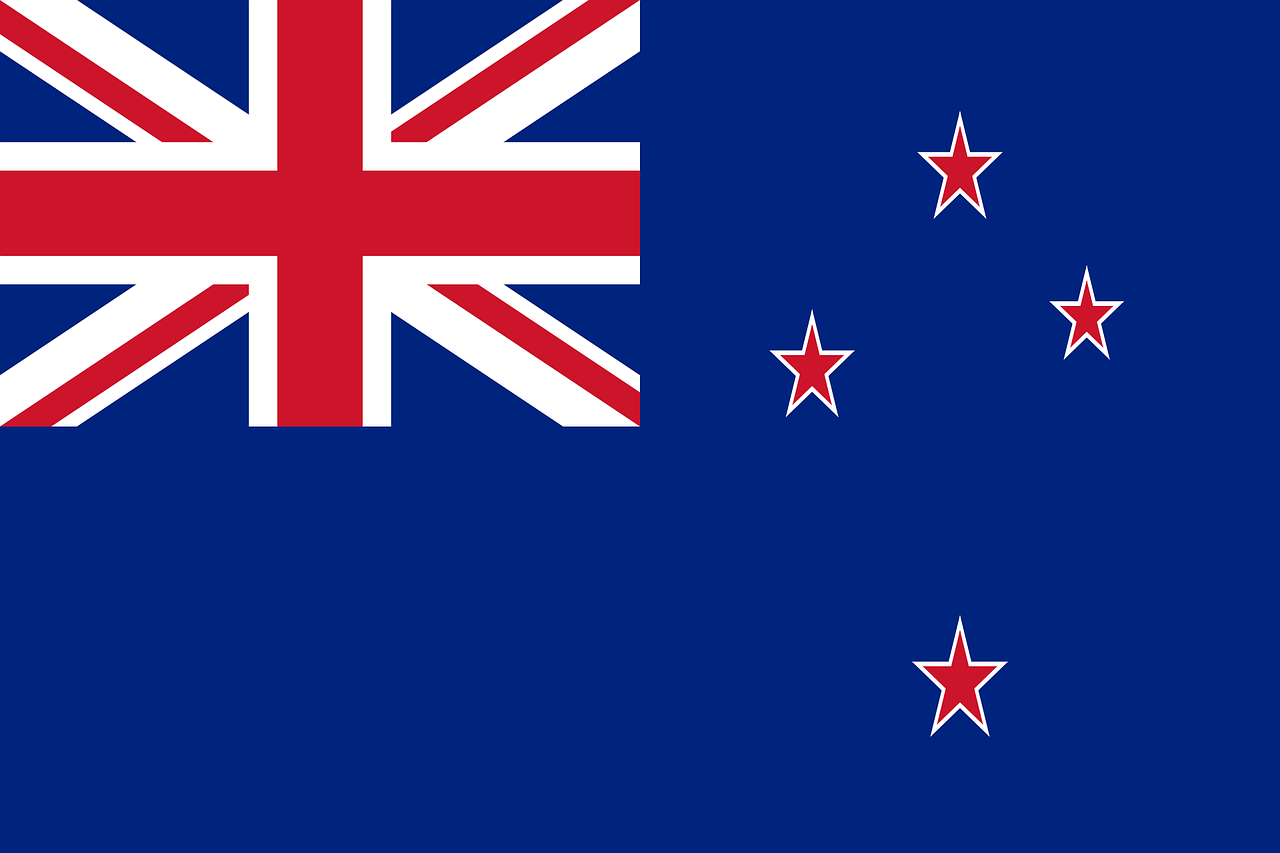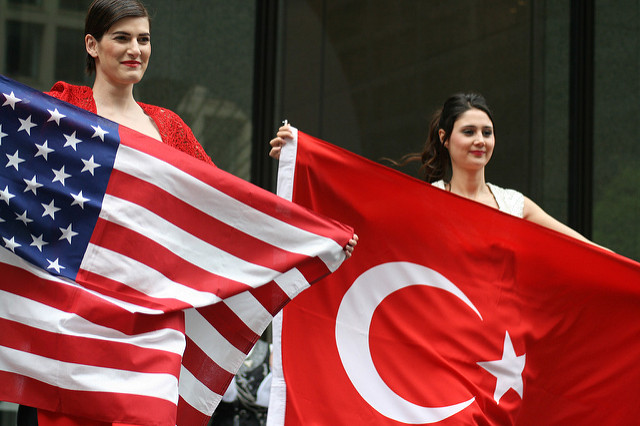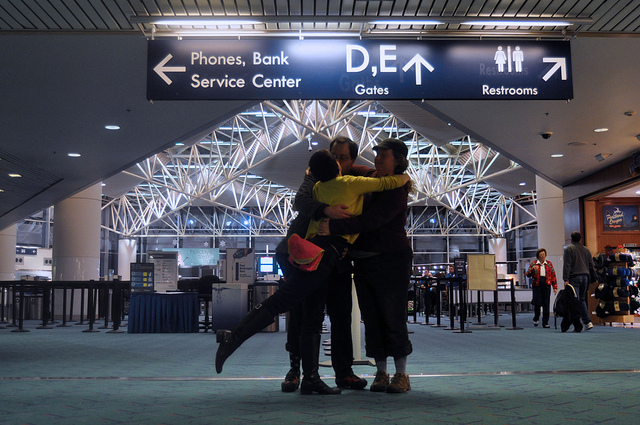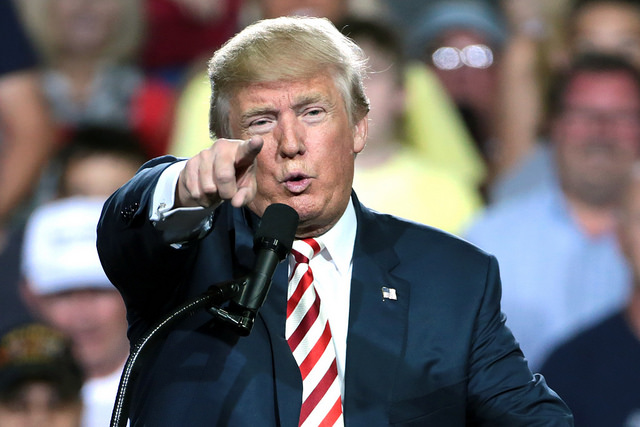The E-2 treaty investor visa allows foreign nationals to make an investment in an existing or new business venture in the United States.
Advantages
There are no numerical limitations on the number of E-2 visas that can be issued, and there is no set minimum level of investment required, however the level of investment that should be made in the business venture should be sufficient to justify the presence of the foreign national in the United States. Although the E-2 visa is granted for an initial two-year period, the investor may qualify to extend their stay in two-year increments, with no outer limit on the total period of the foreign national’s stay.
Disadvantages
Not all foreign nationals are eligible to apply for the E-2 treaty investor visa. To qualify, you must be a foreign national from a treaty country that participates in a treaty of friendship, commerce, navigation or similar agreement with the United States. See below for qualifying countries:
| Albania | Czech Republic | Kosovo | Romania |
| Argentina | Denmark | Kyrgyzstan | Serbia |
| Armenia | Ecuador | Latvia | Senegal |
| Australia | Egypt | Liberia | Singapore |
| Austria | Estonia | Lithuania | Slovak Republic |
| Azerbaijan | Ethiopia | Luxembourg | Slovenia |
| Bahrain | Finland | Macedonia | Spain |
| Bangladesh | France | Mexico | Sri Lanka |
| Belgium | Georgia | Moldova | Suriname |
| Bolivia | Germany | Mongolia | Sweden |
| Bosnia and Herzegovina | Grenada | Montenegro | Switzerland |
| Bulgaria | Honduras | Morocco | Thailand |
| Cameroon | Iran | The Netherlands | Togo |
| Canada | Ireland | Norway | Trinidad and Tobago |
| Chile | Italy | Oman | Tunisia |
| China (Taiwan) | Jamaica | Pakistan | Turkey |
| Colombia | Japan | Panama | Ukraine |
| Congo (Brazzaville and Kinshasa) | Jordan | Paraguay | United Kingdom |
| Costa Rica | Kazakhstan | Philippines | Yugoslavia |
| Croatia | South Korea | Poland |
Another disadvantage is that the E-2 visa is a temporary non-immigrant visa type. This means that the E-2 visa does not create a pathway to permanent residency. In addition, making an investment in a small business venture is risky. Most small businesses fail. Investors seeking to establish a new business in the United States must be prepared to face challenges, obstacles, and potential losses. If the investment will be made by a company, at least 50% of owners in the qualifying country must maintain the nationality of a treaty trader country if they are not lawful permanent residents.
 Visa Lawyer Blog
Visa Lawyer Blog









